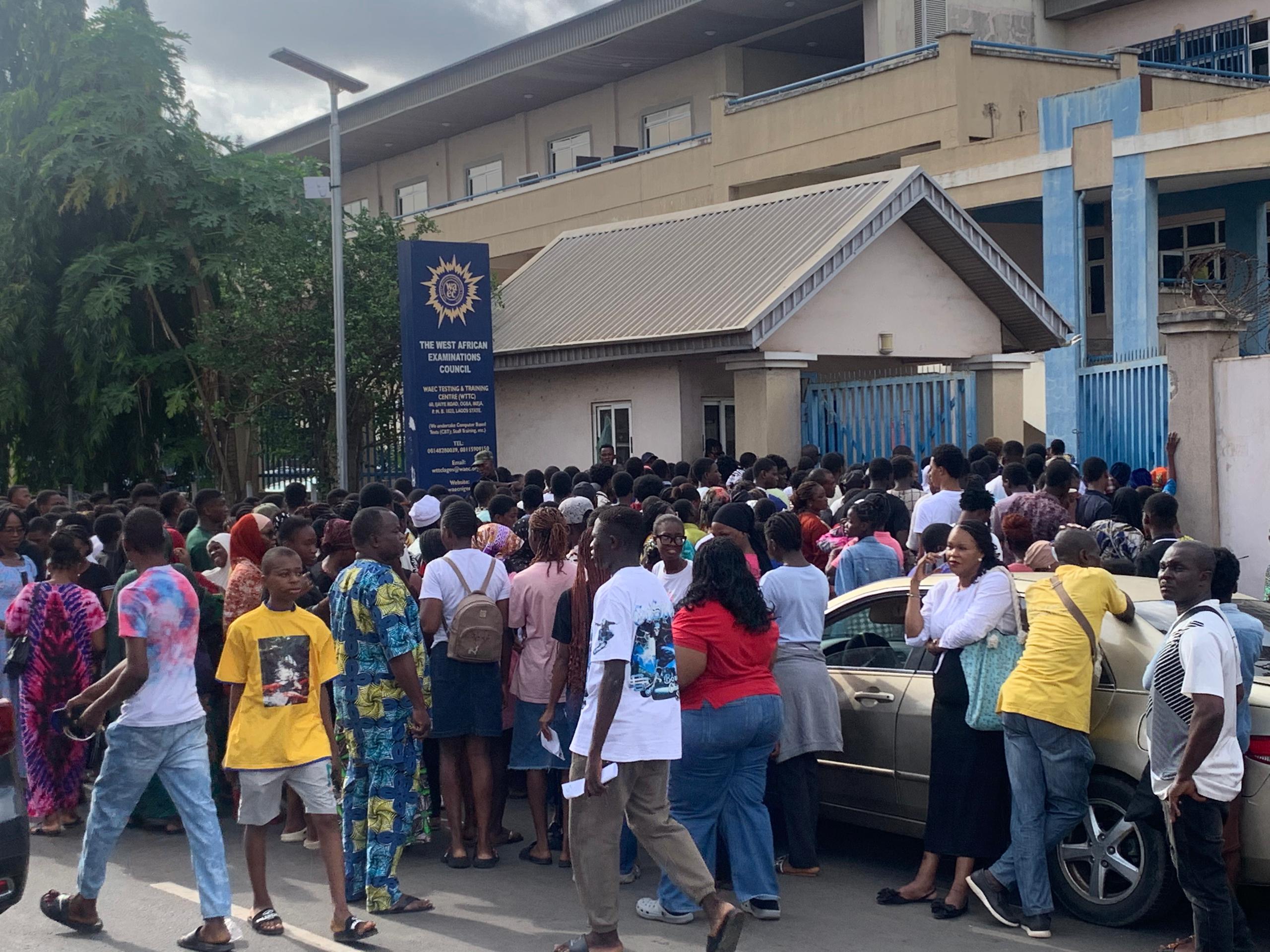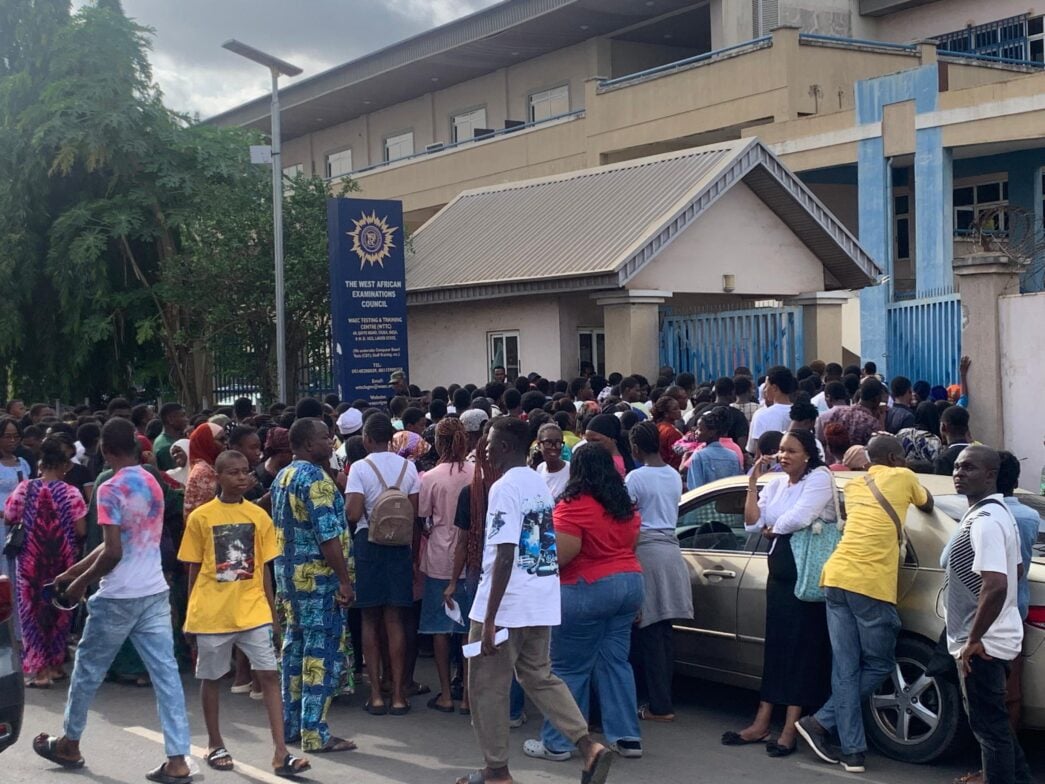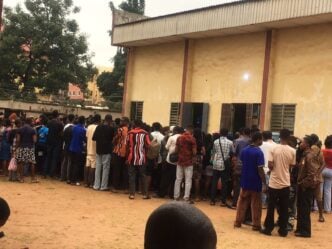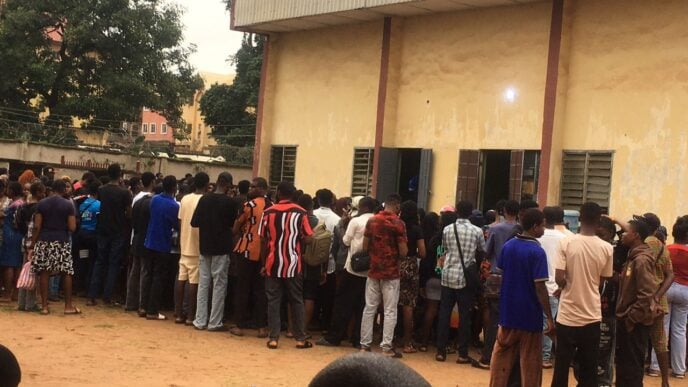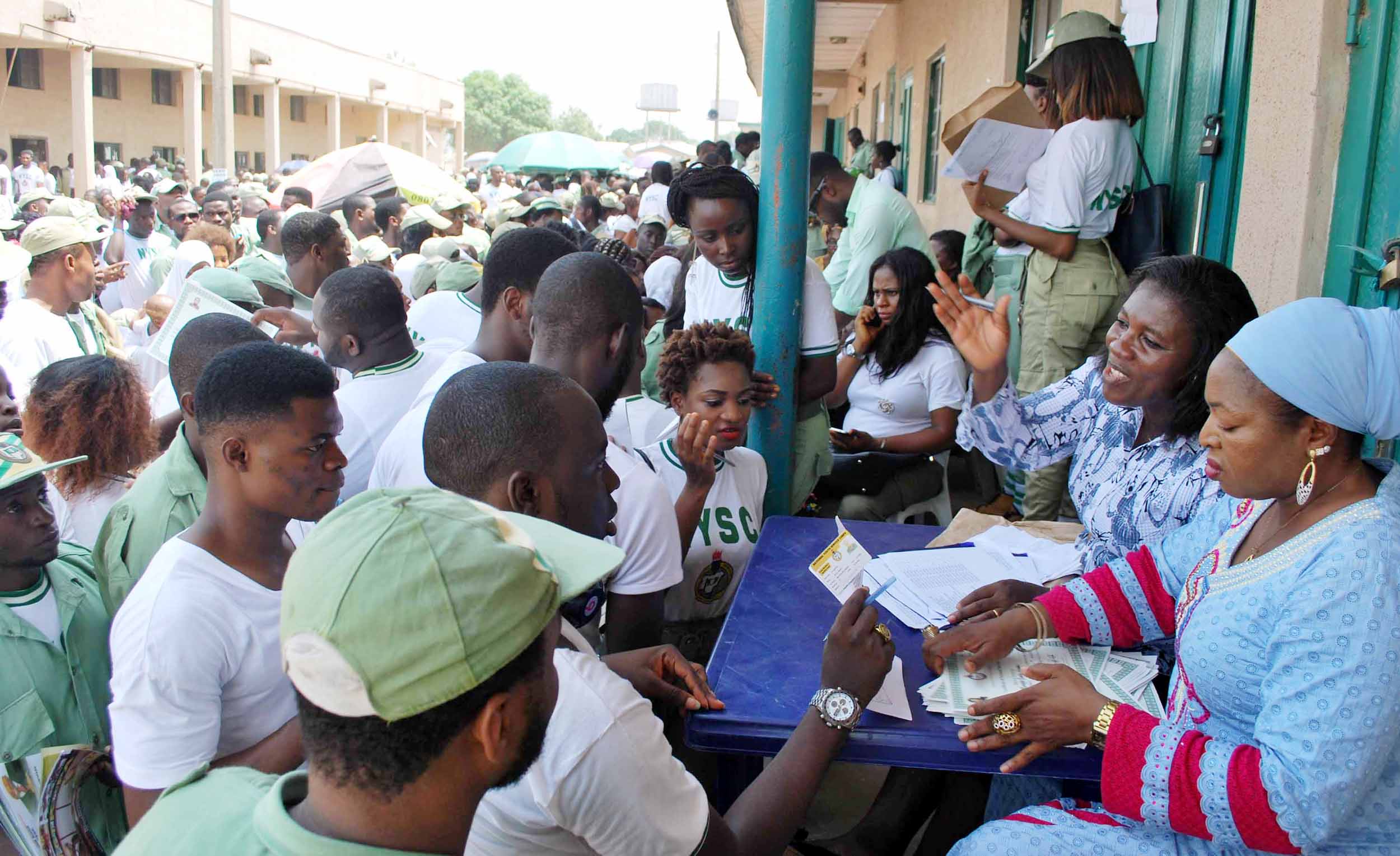WAEC
Stakeholders have blamed systemic challenges for the mass failure reported in the 2025 West Africa Senior Secondary Certificate Examinations (WASSCE).
The West Africa Examination Council (WAEC) earlier revealed a sharp decline in 2025 SSCE performance compared to 2024.
Out of 1,969,313 candidates who sat for the examination across 23,554 schools, only 754,545 candidates, representing 38.32 percent, obtained a minimum of five credits covering their core subjects.
Stakeholders, including non-profit founders and educators alike, spoke in separate interviews with NAN in Abuja on Thursday.
Advertisement
Ike Onyekere, founder of the non-profit Exam Ethics Marshall International (EEMI), cited malpractice and deep-rooted corruption within Nigeria’s exam ecosystem.
Onyechere described the 38.32 percent credit pass rate recorded in the 2025 WASSCE as very poor.
He said the decline was expected due to the power outages and inadequate oversight observed during the exam.
Advertisement
“These logistical issues, as critical as they were, were ignored during and after the exams. No person talked about how those kinds of issues should be addressed in terms of how they affected the performance of those students,” he said.
In May 2025, the federal government issued a directive mandating examination bodies to clamp down on “miracle centres”.
Miracle centres, so-called in local parlance, are facilities notorious for aiding examination malpractice at the secondary school level.
Such exam centres, the directive holds, would be derecognised for some years, as determined by the relevant examination body.
Advertisement
The Joint Admissions and Matriculation Board (JAMB) was to lead the charge, while WAEC, NECO, and NABTEB are to replicate any such sanctions concurrently on the same centres.
Onyechere further criticised a growing reliance on malpractice rings among students, arguing that many no longer study for examinations.
He alleged that past attempts to publish and blacklist schools and individuals indicted for mass cheating were stifled.
“Every year, WAEC releases statements saying schools were involved in malpractices, but where are the names? Who are these schools? Who are the supervisors? They recycle these supervisors and protect them,” the nonprofit founder asked.
Advertisement
Jekayinfa Olatunji, a fellow with the National Mathematical Centre (NMC), called for a national education emergency roundtable, reforms in exam preparation strategies, and closer monitoring of learning standards at all levels.
“In 2024, no fewer than 1,805,216 students sat for WAEC exams, out of which 1,332,089 students passed at least 5 subjects, including English Language and Mathematics, at credit level and above, representing 72.12 per cent pass,” he said.
Advertisement
“Ordinarily, the results may seem good, but what about the remaining 27.88 per cent who didn’t get five credits with English Language and Mathematics? The students might not have progressed in their education that year.
“Now, the worst has happened in 2025. Out of 1,969,313 students who sat for WASSCE exams, only 38.32 per cent passed five subjects, including English Language and Mathematics.
Advertisement
“The remaining 68.68 percent didn’t pass five subjects, including English Language and Mathematics.
“What this means is that only 754,641 students out of 1,969,313 succeeded in having scores that could earn them tertiary institution admissions.”
Advertisement
Olatunji advised the education stakeholders to take proactive steps to forestall a repeat of the woeful performance in 2026.
